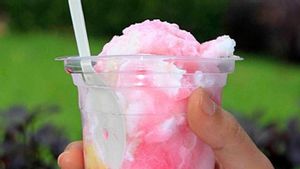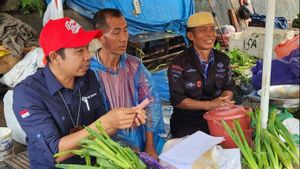YOGYAKARTA Despite being accompanied by complaints, but completing difficult tasks makes us proud of ourselves. More than that, it turns out that cognitive efforts and physical efforts after going through difficults affect memory.
Research published in the Journal of Neuroscience, they asked participants to perform visual tasks involving memorizing and then identify target locations in easy or difficult conditions. Participants are given instructions on how challenging future tasks are. Researchers check using fMRI to test how changes in cognitive efforts, caused by changes in task difficulties, affect the neural representation of memory. The increase in ipaya, turns out to make memory work last a long time.
The study shows that there is a billboard signal related to efforts against populations in the visual cortex. This effect increases mnemonic fidelity, which means it is easier to remember something. This study also shows specifically that cognitive efforts by trying harder to complete difficult tasks, improving the quality of working memory representations in prefrontal cortex-mediated visual cortex.
According to kinesiologist and motor sensory neuroscientist E. Paul Zehr, Ph.D., the above findings have the potential for clinical therapy for people with psychiatric and banyak disorders who experience a motivational deficit and cognitive dysfunction. Zehr added, doing more than expected will produce results. He illustrates that all physiological systems are very plastic. When you make efforts to carry out certain activities, the body will adapt and get used to doing it. Then if you shift to other activities that are more 'hard' the body will also be able to plastically adapt and then get used to doing it, and so on.
SEE ALSO:
In the book Becoming Batman, Zehr is reported by Psychology Today, Sunday, July 28, explains. If its activities are strength training, the muscles become bigger and stronger. Well, if it is cognitive exercise, we increase synaptic connectivity and memory representation if it is trained continuously. In principle, excitement after completing a difficult task or trying more than expected, is a neurobiological process.
The English, Chinese, Japanese, Arabic, and French versions are automatically generated by the AI. So there may still be inaccuracies in translating, please always see Indonesian as our main language. (system supported by DigitalSiber.id)

















